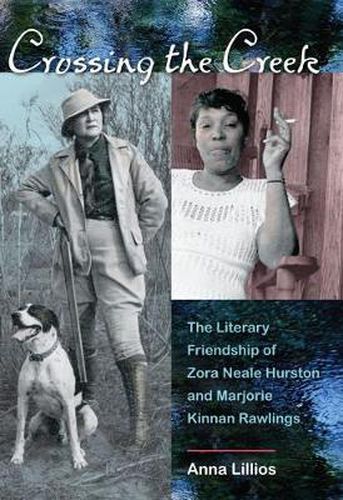Readings Newsletter
Become a Readings Member to make your shopping experience even easier.
Sign in or sign up for free!
You’re not far away from qualifying for FREE standard shipping within Australia
You’ve qualified for FREE standard shipping within Australia
The cart is loading…






One of the twentieth century’s most intriguing and complicated literary friendships was that between Zora Neale Hurston and Marjorie Kinnan Rawlings. In death, their reputations have reversed, but in the early 1940s Rawlings had already achieved wild success with her best-selling and Pulitzer Prize-winning novel, The Yearling, while Hurston had published Their Eyes Were Watching God to unfavourable critical reviews.
When they met, both were at the height of their literary powers. Hurston appears to have sought out Rawlings as a writer who could understand her talent and as a potential patron and champion. Rawlings did become an advocate for Hurston, and by all accounts a warm friendship developed between the two. Yet at every turn, Rawlings’s own racism and the societal norms of the Jim Crow South loomed on the horizon, until her friendship with Hurston transformed Rawlings’s views on the subject and made her an advocate for racial equality.
$9.00 standard shipping within Australia
FREE standard shipping within Australia for orders over $100.00
Express & International shipping calculated at checkout
One of the twentieth century’s most intriguing and complicated literary friendships was that between Zora Neale Hurston and Marjorie Kinnan Rawlings. In death, their reputations have reversed, but in the early 1940s Rawlings had already achieved wild success with her best-selling and Pulitzer Prize-winning novel, The Yearling, while Hurston had published Their Eyes Were Watching God to unfavourable critical reviews.
When they met, both were at the height of their literary powers. Hurston appears to have sought out Rawlings as a writer who could understand her talent and as a potential patron and champion. Rawlings did become an advocate for Hurston, and by all accounts a warm friendship developed between the two. Yet at every turn, Rawlings’s own racism and the societal norms of the Jim Crow South loomed on the horizon, until her friendship with Hurston transformed Rawlings’s views on the subject and made her an advocate for racial equality.